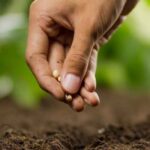Water is essential for all life on Earth, and it plays a crucial role in agriculture, the backbone of our food system. However, the availability of clean water for farming is becoming increasingly scarce worldwide, posing a significant threat to food security and agricultural sustainability.
Water scarcity is a pressing issue that affects agriculture in various ways. As the demand for food continues to rise with a growing global population, the pressure on water resources for irrigation, livestock, and crop production is intensifying. Many regions around the world are already experiencing water stress, where the demand for water exceeds the available supply, leading to competition among different sectors, including agriculture.
Lack of clean water hinders crop production in several ways. Insufficient irrigation water can result in crop failure, reduced yields, and poor crop quality. Farmers in water-stressed regions often resort to unsustainable practices such as over-extraction of groundwater, which leads to land degradation and depletion of aquifers. Water scarcity also limits the diversification of crops, as certain crops require more water than others, forcing farmers to focus on water-intensive crops to maximize their limited water resources.
Addressing water scarcity in agriculture requires a multi-faceted approach that involves sustainable water management practices, technological innovations, and policy interventions. Implementing efficient irrigation systems, such as drip irrigation and rainwater harvesting, along with utilizing superabsorbent polymers can help farmers optimize water use and reduce waste. Promoting crop varieties that are drought-resistant and less water-intensive can also contribute to water conservation in agriculture.
Investing in water infrastructure, such as water storage facilities and irrigation networks, can improve water access for farmers in water-stressed regions.
Water scarcity poses a significant challenge to farming worldwide, impacting crop production, livestock farming, and the environment. Addressing this issue requires collective action at the global, national, and local levels to ensure sustainable water management practices and secure the future of agriculture. By prioritizing water conservation, promoting water-efficient farming techniques, such as controlled environment agriculture and utilizing sustainable tools such as Stockosorb® 660 water saving gels, that are available to the farming community now, we can mitigate the impact of water scarcity on farming and safeguard food security for generations to come.
John Wynne
Green Solutions LLC dba Greener Solutions International
PO Box 1373, Hebron CT 06248
Ph: 860-368-7309
johnwynne@gsigreen.com



